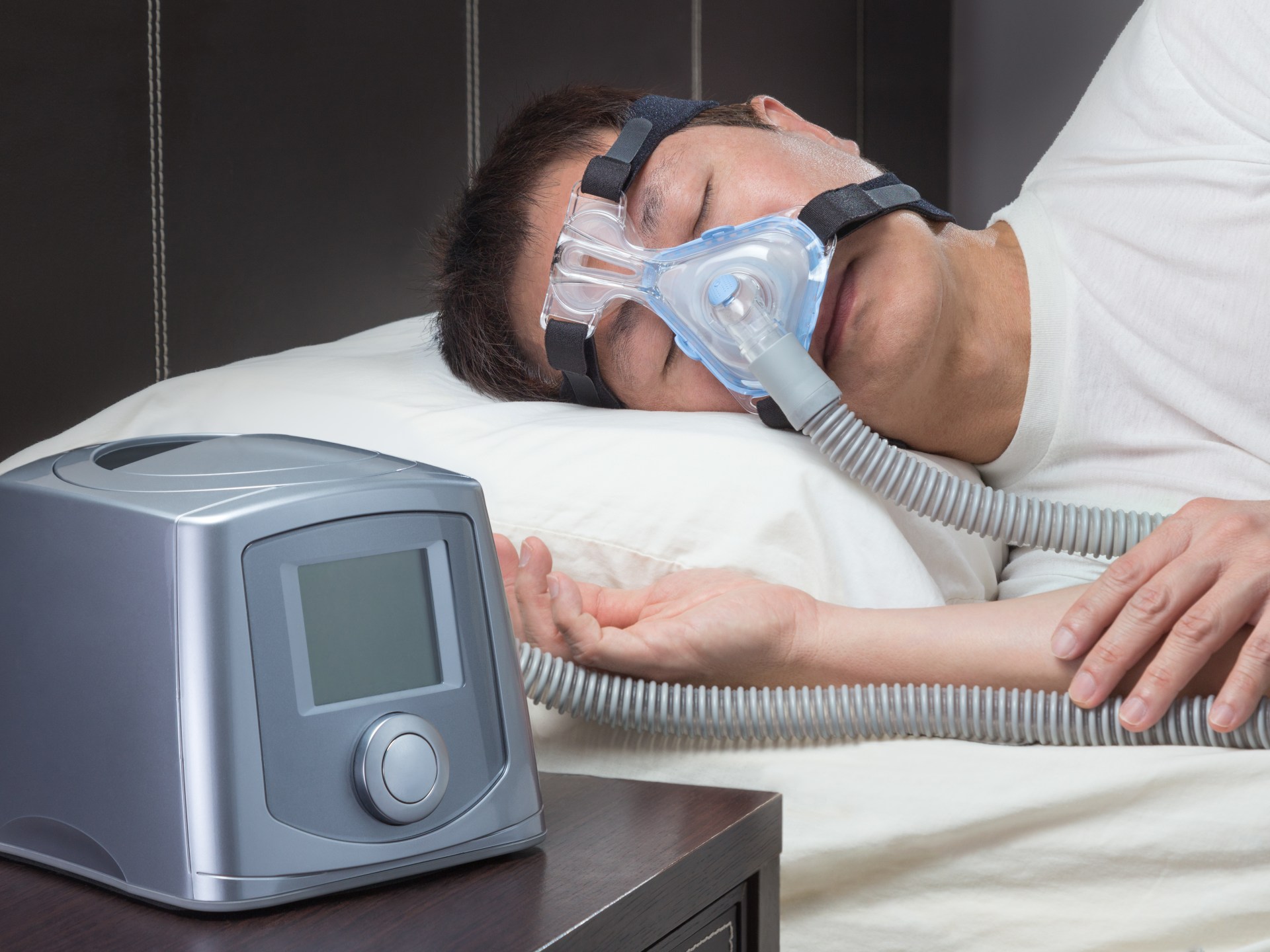Sleep breathing devices are used for patients with sleep apnea (Shutterstock)
Dutch medical device manufacturer Philips announced - yesterday, Monday - that it will stop sales of sleep ventilators in the United States, after a series of withdrawals of these products from the market.
In 2022, defects in respirators sold in the markets caused huge losses to the former electronics giant, which became specialized in selling medical equipment, and led to the cancellation of thousands of jobs.
The company's CEO, Roy Jacobs, said in a statement, "Resolving the consequences of the Respironics device recall for our patients and customers is a priority, and I am aware of the distress and anxiety this has caused, and I apologize for it."
Philips confirmed that it had reached an agreement with the US authorities that includes a “road map” of goals that allow the company to comply with regulatory requirements.
“Until the relevant requirements of the consent decree are met, Philips Respironics will not sell new sleep therapy devices or other respiratory care devices in the United States,” she added.
Settlement
The group said it set aside 363 million euros in the fourth quarter to settle the agreement, which has not yet been finalized and requires court approval.
In November 2023, the US Drug Administration (FDA) advised patients using the Philips DreamStation 2 to carefully monitor the device “for any signs of overheating.”
The problem appeared to be separate from a previous massive recall of devices in 2021 that caused the group losses in 2022, despite sending some replacement Dream Station 2 devices.
In June 2021, the US Food and Drug Administration alerted the company to the potential health risks posed by certain types of ventilators used in sleep apnea cases, including 15 million pieces of equipment worldwide.
Users risk inhaling or swallowing bits of toxic foam that may cause irritation and headaches. The group also noted at the time a "possible" long-term cancer risk.
The former electronics giant said in May 2023 that its devices were “unlikely” to harm patients, but last October, US health authorities requested additional testing.
Source: French

